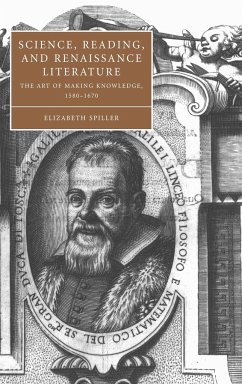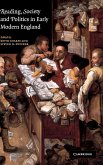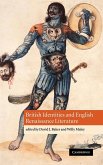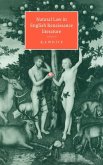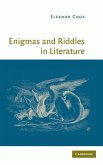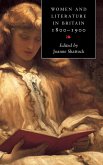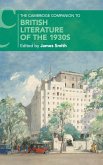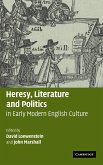Short description/annotation
Science, Reading, and Renaissance Literature brings together key works in early modern science and imaginative literature.
Main description
Science, Reading, and Renaissance Literature brings together key works in early modern science and imaginative literature (from the anatomy of William Harvey and the experimentalism of William Gilbert to the fictions of Philip Sidney, Edmund Spenser, and Margaret Cavendish). The book documents how what have become our two cultures of belief define themselves through a shared aesthetics that understands knowledge as an act of making. Within this framework, literary texts gain substance and intelligibility by being considered as instances of early modern knowledge production. At the same time, early modern science maintains strong affiliations with poetry because it understands art as a basis for producing knowledge. In identifying these interconnections between literature and science, this book contributes to scholarship in literary history, history of reading and the book, science studies, and the history of academic disciplines.
Table of contents:
Introduction. Early modern arts of knowledge: making science and literature; 1. Model worlds: Philip Sidney, William Gilbert, and the experiment of worldmaking; 2. From embryology to parthenogenesis: the birth of the writer in Edmund Spenser and William Harvey; 3. Reading through Galileo's telescope: Johannes Kepler's dream for reading knowledge; 4. Books written of the wonders of these glasses: Thomas Hobbes, Robert Hooke, and Margaret Cavendish's theory of reading; Afterword: fiction and the Sokal Hoax; Notes; Bibliography; Index.
Hinweis: Dieser Artikel kann nur an eine deutsche Lieferadresse ausgeliefert werden.
Science, Reading, and Renaissance Literature brings together key works in early modern science and imaginative literature.
Main description
Science, Reading, and Renaissance Literature brings together key works in early modern science and imaginative literature (from the anatomy of William Harvey and the experimentalism of William Gilbert to the fictions of Philip Sidney, Edmund Spenser, and Margaret Cavendish). The book documents how what have become our two cultures of belief define themselves through a shared aesthetics that understands knowledge as an act of making. Within this framework, literary texts gain substance and intelligibility by being considered as instances of early modern knowledge production. At the same time, early modern science maintains strong affiliations with poetry because it understands art as a basis for producing knowledge. In identifying these interconnections between literature and science, this book contributes to scholarship in literary history, history of reading and the book, science studies, and the history of academic disciplines.
Table of contents:
Introduction. Early modern arts of knowledge: making science and literature; 1. Model worlds: Philip Sidney, William Gilbert, and the experiment of worldmaking; 2. From embryology to parthenogenesis: the birth of the writer in Edmund Spenser and William Harvey; 3. Reading through Galileo's telescope: Johannes Kepler's dream for reading knowledge; 4. Books written of the wonders of these glasses: Thomas Hobbes, Robert Hooke, and Margaret Cavendish's theory of reading; Afterword: fiction and the Sokal Hoax; Notes; Bibliography; Index.
Hinweis: Dieser Artikel kann nur an eine deutsche Lieferadresse ausgeliefert werden.

